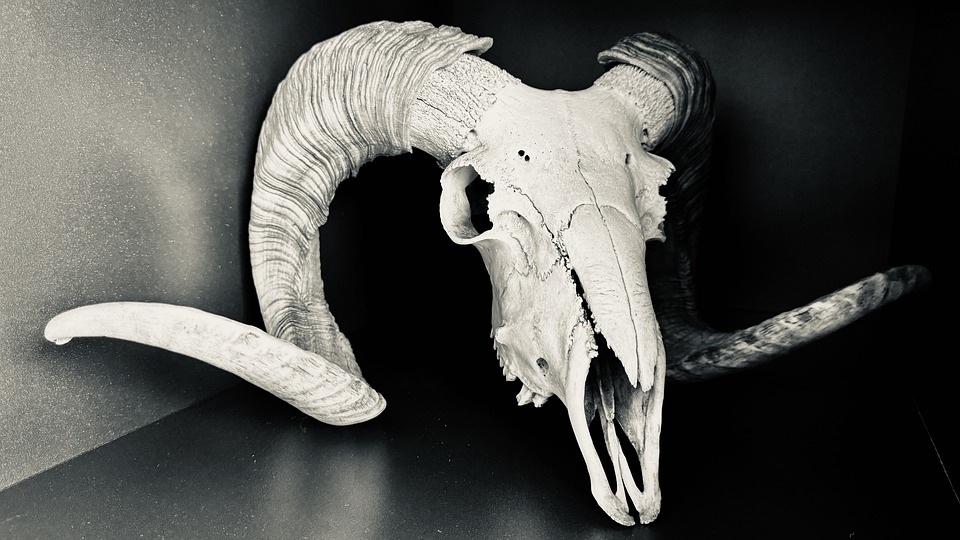In a world filled with uncertainty and complexity, the age-old debate between destiny and free will continues to captivate both philosophers and everyday individuals. Are we bound by a predetermined fate, or do we have the power to shape our own future through the choices we make? This article delves into the intricate interplay between destiny and free will, offering insights into their philosophical underpinnings, practical implications, and implications for the future.
Historical Context: Fate vs. Free Will
The notion of fate has roots in ancient mythology and religious beliefs, with various cultures attributing the course of human life to cosmic forces, gods, or karma. The concept of free will, on the other hand, emerged in philosophical discourse, challenging the idea of predestination and emphasizing human autonomy and agency.
Throughout history, thinkers such as Aristotle, Augustine, and Descartes grappled with the tension between fate and free will, shaping the intellectual landscape and influencing diverse schools of thought. While some argued for a deterministic universe governed by unchangeable laws, others championed the capacity of individuals to exercise choice and creativity in shaping their existence.
Current State: Destined Paths and Choice
In the modern era, the debate between destiny and free will continues to evolve, fueled by scientific discoveries, technological advancements, and ethical dilemmas. Neuroscience and psychology shed light on the complex interplay between genetic predispositions, environmental influences, and individual decision-making, challenging simplistic dichotomies.
On one hand, empirical studies suggest that certain aspects of human behavior may be predetermined by genetic factors or past experiences, limiting the scope of individual agency. On the other hand, social and political movements advocate for personal empowerment, social justice, and the pursuit of self-determination, underscoring the importance of conscious choice and ethical responsibility.
Future Predictions: Navigating Uncertainty and Possibility
As we navigate the complexities of the 21st century, the question of destiny and free will takes on new dimensions, shaped by rapid globalization, digitalization, and environmental crises. Artificial intelligence, bioengineering, and other emerging technologies raise profound ethical questions about the limits of human control and the implications for future generations.
In this brave new world, individuals and societies are called to reflect on the consequences of their actions, the interconnections between diverse cultures and ecosystems, and the legacy they leave for posterity. While the future remains uncertain and malleable, the enduring quest for meaning, purpose, and freedom invites us to engage with the profound questions of destiny and free will in innovative ways.
Conclusion
In conclusion, the interplay between destiny and free will offers a rich tapestry of ideas, emotions, and possibilities for exploration. By embracing the complexities of our existence, we can navigate the path of fate with greater awareness, humility, and courage, honoring both the constraints of our past and the creative potential of our future.
Thank you for embarking on this journey of discovery with us. We invite you to delve deeper into the mysteries of destiny and free will through further reading, reflection, and dialogue with others who share your quest for understanding. May your choices be guided by wisdom, compassion, and a sense of wonder as you navigate the intricate dance of fate and free will in your own life.
